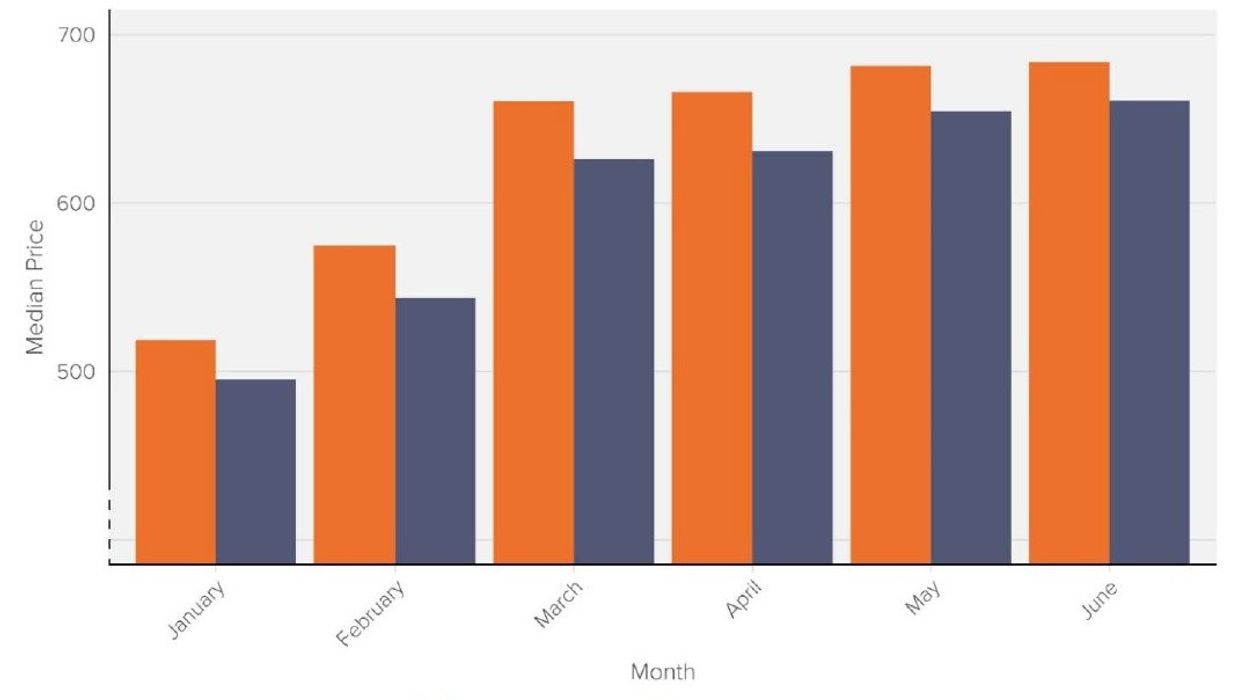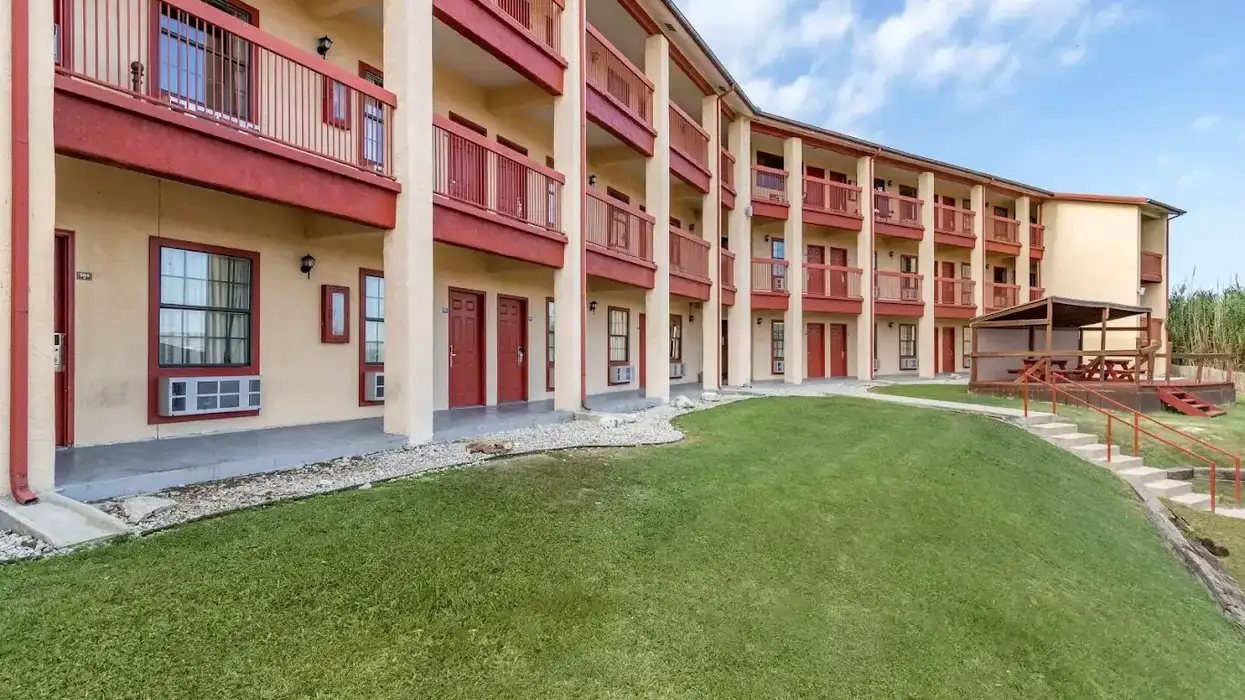A LAWSUIT FILED in federal court in Washington state alleges that STR, owned by commercial real estate information researcher CoStar Group, along with several major hotel companies conspired to inflate luxury hotel rates. The seven individuals named as plaintiffs in the lawsuit seek to make it a class-action filing on behalf of every person who stayed at the defendants’ hotels from February 2020 until the present for an unspecified amount.
CoStar and hotel companies including IHG Hotel & Resorts, Marriott International and Hyatt Hotels Corp., entered an exchange of “competitively-sensitive information about their prices, supply, and future plans” in violation of the antitrust provisions of the Sherman Act, according to the lawsuit. STR and most of the other defendants in the suit did not respond to requests for comment in time for this article, but a spokesperson for IHG said the company could not comment on pending litigation.
“Teddy Roosevelt passed the antitrust laws to prevent titans of industry from price fixing in smoke-filled rooms,” Steve Berman, the plaintiffs' lead attorney told Reuters, calling the defendants' conduct the "modern equivalent."
The alleged price fixing happened in major cities including Boston, Chicago, Los Angeles, New York, San Diego, Denver, Washington, D.C., and Seattle. The lawsuit focuses on STR’s “Forward STAR” product that was expanded into many of those markets in April after launching 17 of the country’s 25 largest hotel markets, including Las Vegas, New York City, Los Angeles, Washington, D.C., Boston and Phoenix.
Forward STAR allows hotel property and portfolio users to benchmark the next 365 days of occupancy on the books against the competition and market.
“The purpose of this exchange is for competitors to share ‘super-timely revenue and occupancy data’ so that competitors can ensure they are each getting their ‘fair share’ of revenues,” the lawsuit says. “In other words, the exchange of this information allows participating hotels to set prices higher than they would have been absent this agreement to exchange information. This is price fixing in its modern form and is illegal under the Sherman Act.”
STR requires the information exchange in its contract with participating companies, the lawsuit said.
“A hotel operator has to give information to STR in order to receive benchmarking information back,” the lawsuit said. “The license agreement states that ‘CoStar is under no obligation to provide to any hotel benchmarking deliverables if licensee does not provide the applicable hotel data to CoStar based on such data guidelines and timeframes,’ and its service ‘is subject to and contingent on licensee providing CoStar timely, true, accurate, correct and complete hotel data as required.’”
One of the confidential witnesses cited in the lawsuit is a former software engineer at STR.
“[The witness] stated that ‘almost everybody’ within the hotel industry in the U.S. was an STR client and received STR reports,” the lawsuit said. “Marriott, Hilton and Holiday Inn were all STR clients, just to name a few, she said. CW 2 recalled that STR ‘had very few competitors’ and ‘we were kind of servicing everyone. There wasn’t anyone else that did it.’”
Another confidential witness presented in the suit, a former technical writer at STR, “recalled comments made internally that ‘STR to the hotel industry is like oxygen or water. You just have to have it.’”
CoStar acquired STR in October 2019 for $450 million.






